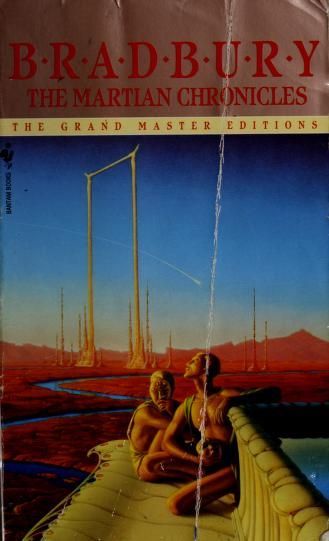
Reviews
Rachel Stratton@uhhh-stratton
Michael Klepacki@kleypack
Ada Lu@adaxylu
Sarah Sammis@pussreboots
Cody Degen@codydegen
Erik Wallace@erikwallace
Christopher Saw McKaige@unkindpizza
Michael Springer@djinn-n-juice
Gillian Rose@glkrose
Erwin Lemuel Oliva@erwinoliva
Adam Scharf@beethoven89
Kirsten Simkiss@vermidian
Todd Luallen@tluallen
Marion@snodza
Allison Garrett@bookish_insomniac
Fraser Simons@frasersimons
Pat G.@badsleeper
Ana V. @nobadbooks
rafael@rafapont
Melody Izard@mizard
Karla @gowithkar
Pranav Mutatkar@pranavmutatkar
Shelby Doherty@dohertys17
Christina M Masters@xtina127
Highlights
Shelby Doherty@dohertys17
Page 256
Shelby Doherty@dohertys17
Page 74
Shelby Doherty@dohertys17
Page 73
Shelby Doherty@dohertys17
Page 66